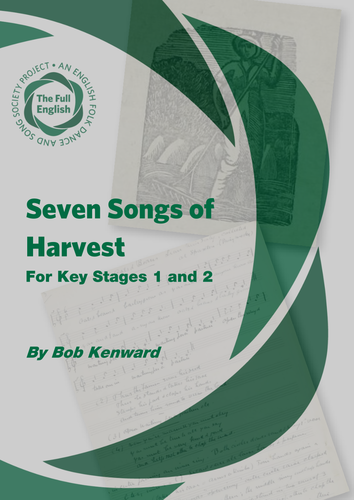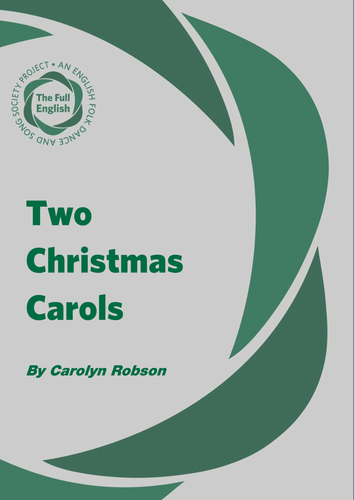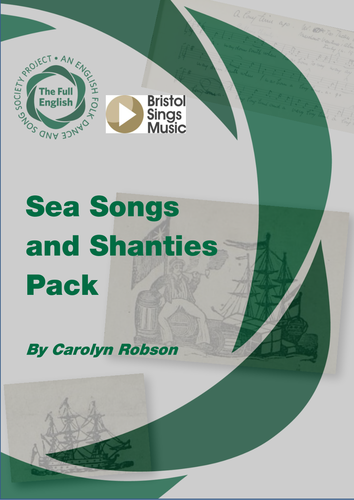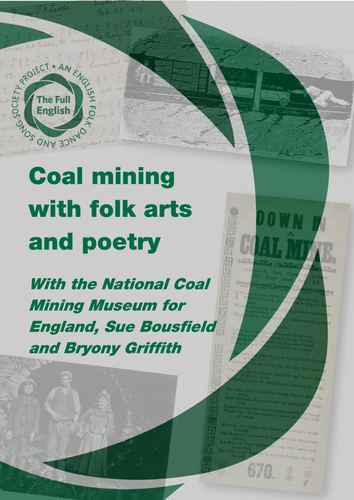English Folk Dance and Song Society Resource Bank
These resources are from over 100 educational materials in the English Folk Dance and Song Society’s Resource Bank of free, downloadable materials. These are designed for you to use in your teaching and learning, incorporating English traditional folk song, music, dance, drama and other arts. They are suitable for use in formal and informal settings including primary, secondary and SEN schools, youth ensembles, community choirs, adult learning and more. www.efdss.org/resourcebank

















